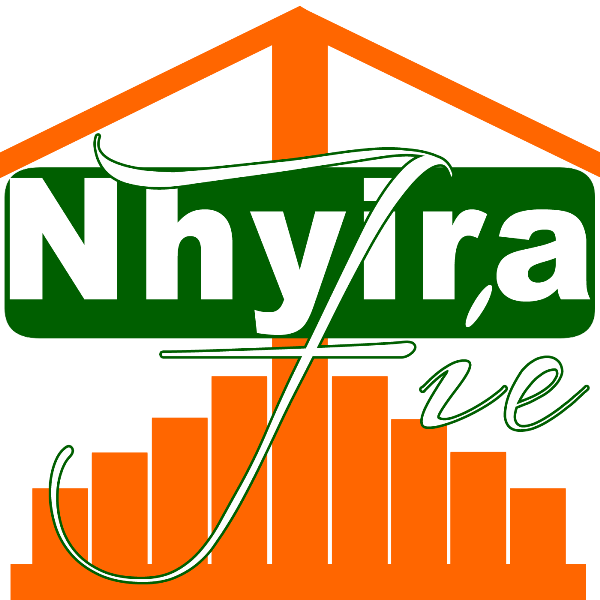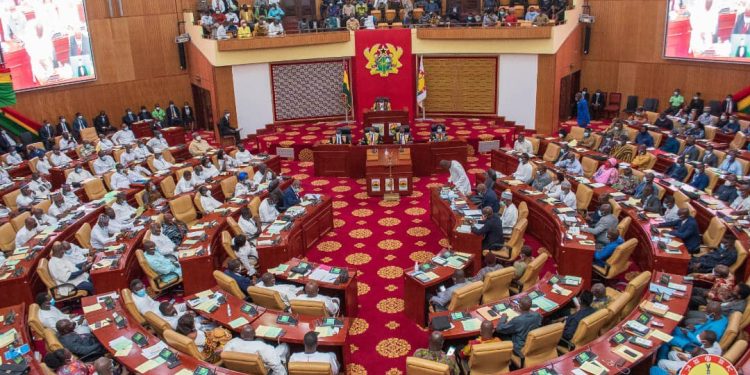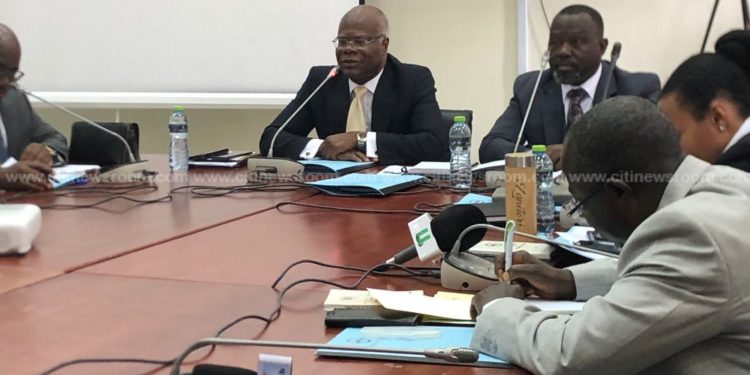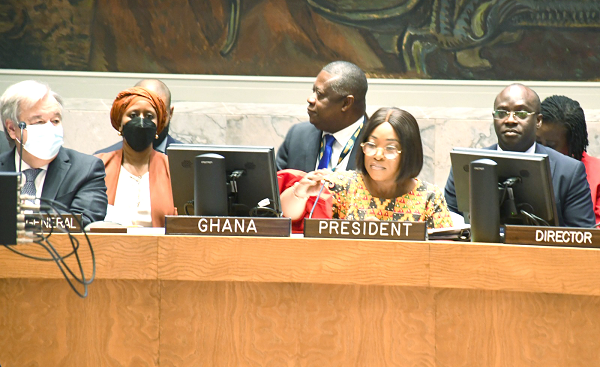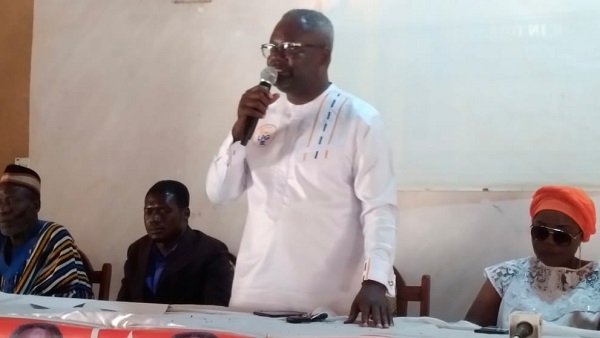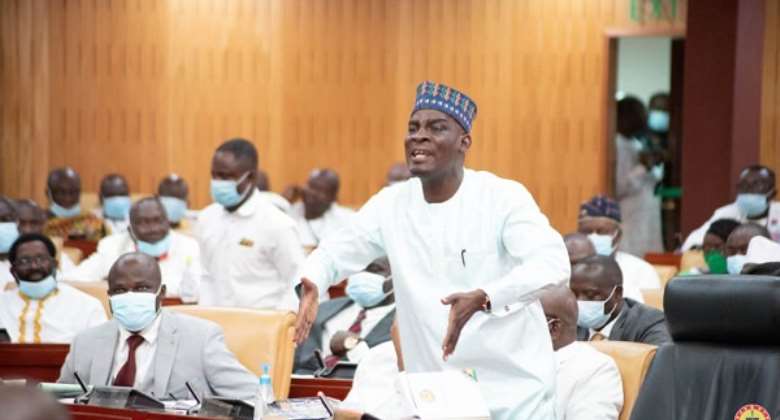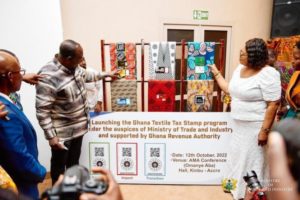
Dealers in textiles effective November 1, 2022, will have to affix stamps to their products to certify the legitimacy of the textiles produced in, imported into, and retailed in Ghana.
The Ministry of Trade and Industry in partnership with the Ghana Revenue Authority will lead the exercise.
Mr Alan Kwadwo Kyerematen, Minister of Trade and Industry, at the launch, stressed that the tax stamp was not a new tax that was being introduced but was government’s initiative to increase the sector’s profitability.
He said they intended to regulate the importation and illicit trading of products to ensure that the right taxes and duties were paid.
Mr Kyerematen said it formed part of the Ministry’s policy initiatives to revamp and restructure the textiles industry as they introduced a new import management system to ensure fabrics imported were subjected to the payment of appropriate taxes.
The Minister said they were also designating entry points for the importation of textiles at Tema, Takoradi and Aflao.
“We are poised to revamp the textile industry via these new measures being rolled out to make the industry vibrant and more profitable as it was some years back,” he added.
The Minister said they had been engaging the stakeholders, especially the traders, on the initiative since 2018 and entreated them to comply with the tax stamps directive by ensuring that their products had the tax stamps on them.
Madam Christiana Laryea, National President of the Textiles Traders Association, commended the Ministry for the initiative and promised that the association would support them to revamp the sector.
She, however, appealed to the Ministry to continue to engage and sensitise the traders on the initiative for them to fully comply.
Textiles already in stock before the implementation period will have a blue stamp, whereas textiles manufactured locally will have a green stamp and red stamp for those imported.
The Ministry and the GRA will constitute a task force to ensure that dealers in textiles adhere to the initiative.

